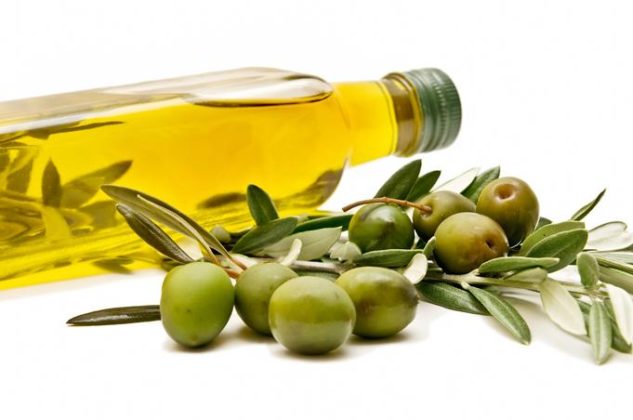In research that could have key ramifications for women of childbearing age, the findings of a study by Oregon State University scientists have shown that embryos produced by vitamin E-deficient zebrafish have malformed brains and nervous systems. “This is totally amazing—the brain is absolutely physically distorted by not having enough vitamin E,” said research lead Maret Traber, PhD, a professor in the OSU College of Public Health and Human Sciences, and the Ava Helen Pauling Professor at Oregon State’s Linus Pauling Institute. Traber, and colleagues have published their findings in Scientific Reports, in a paper titled, “Vitamin E is necessary for zebrafish nervous system development.”








